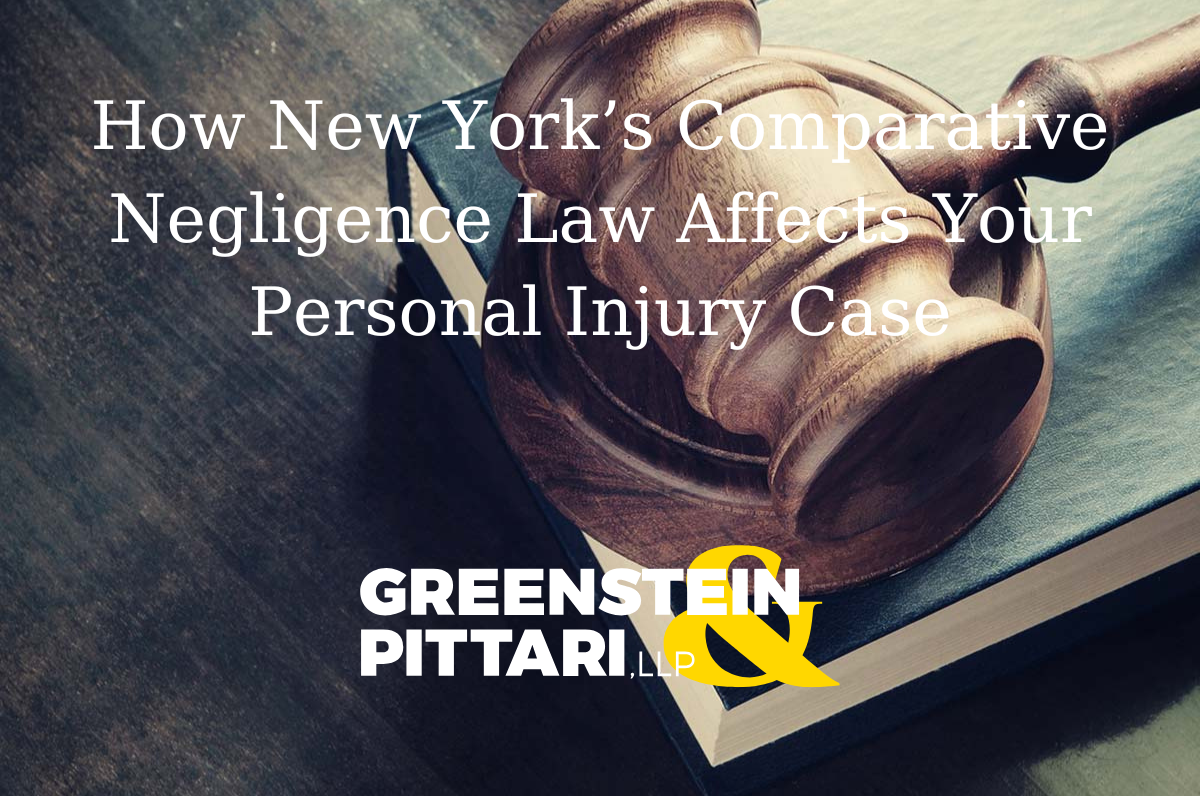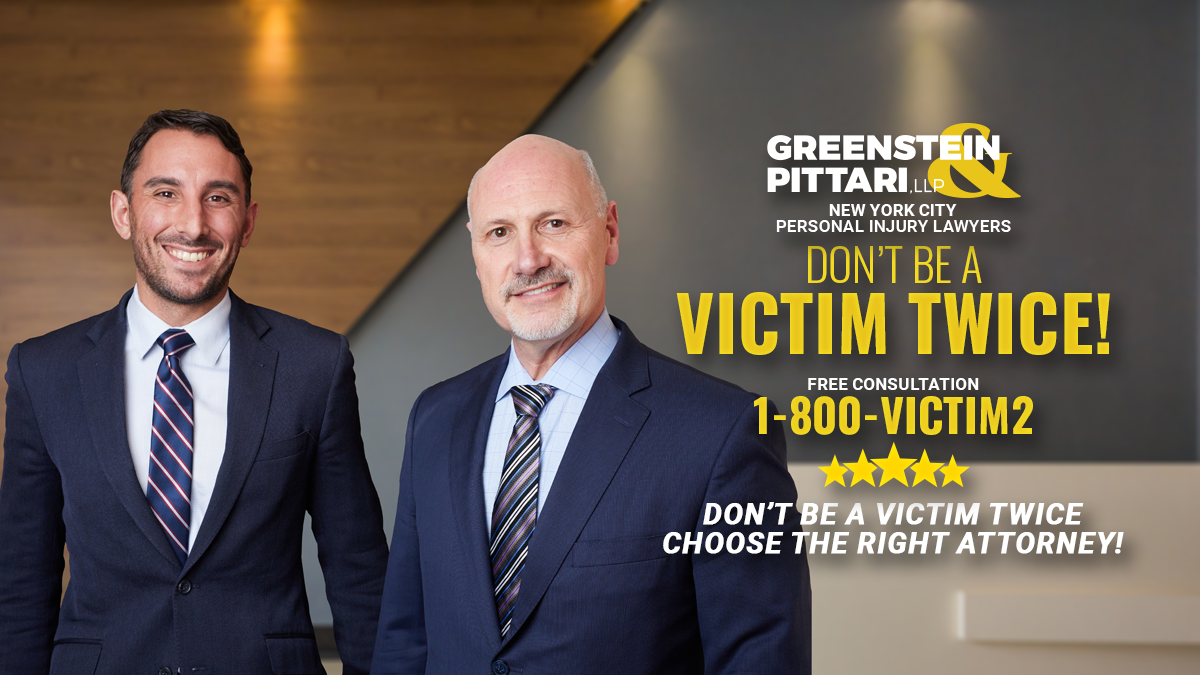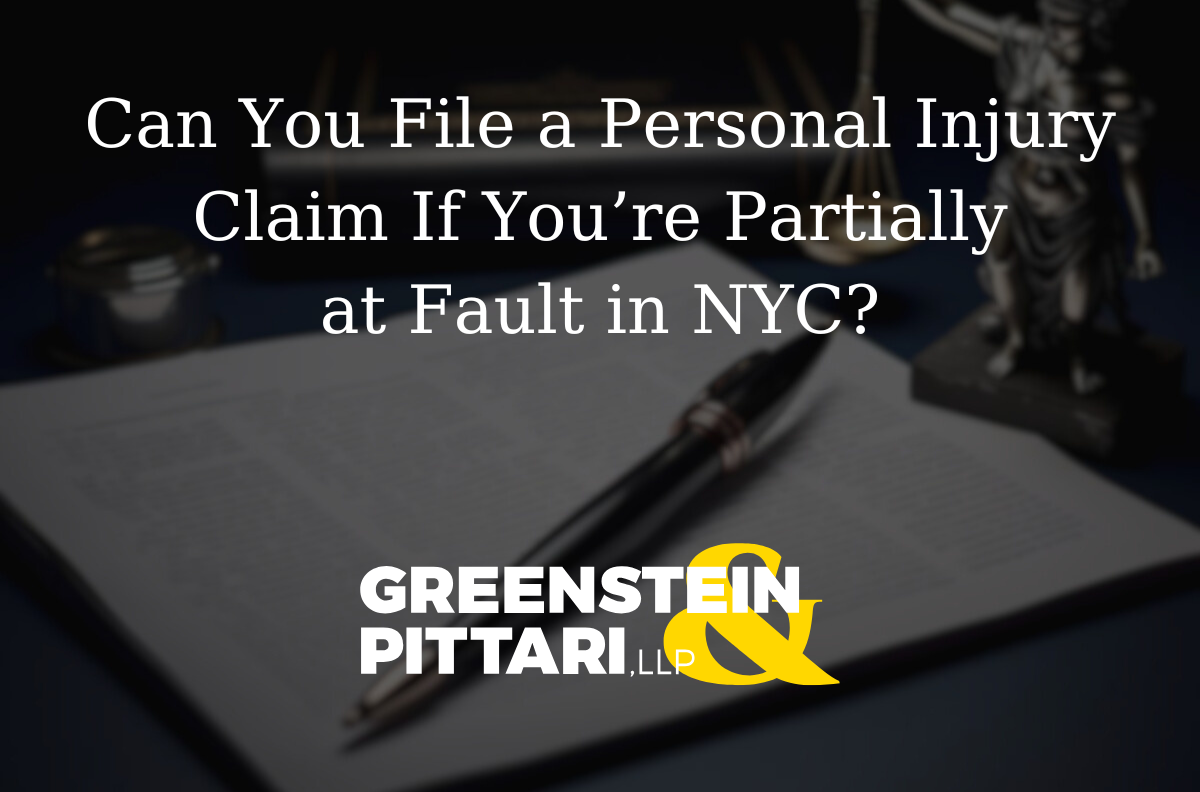February 25, 2025
E-scooters have become a popular transportation option in New York City, offering a convenient and eco-friendly way to navigate the city. However, the rise in e-scooter accidents has left many New Yorkers questioning who is liable for these incidents. Understanding the complexities of New York’s traffic laws and the responsibilities of scooter riders, motor vehicle ... Read More
February 25, 2025
Slip and fall accidents are a common occurrence in New York City, where the fast-paced urban environment creates numerous hazards. From icy sidewalks to poorly maintained stairwells, fall injuries can result in significant medical expenses, lost wages, and emotional distress. For accident victims, proving negligence in a slip and fall case requires understanding how New ... Read More
February 25, 2025
Every year, thousands of pedestrian accidents occur on New York streets, resulting in serious injuries and fatalities. With the heavy foot traffic and unique challenges of navigating New York City, pedestrians face significant risks from motor vehicles, poor weather conditions, and even construction zones. Understanding how New York’s traffic laws are designed to protect pedestrians ... Read More
February 24, 2025
New York’s legal system follows a comparative negligence framework, which directly impacts how fault is determined in personal injury cases. If you’ve been injured in an accident, understanding how New York’s comparative negligence law applies to your situation can help you navigate your personal injury claim and work toward recovering fair compensation. This article will ... Read More
February 3, 2025
You’re driving responsibly when suddenly a reckless driver rear-ends you. You’re now injured, unable to work, and facing mounting expenses. Who will cover your medical bills? How will you pay your rent or mortgage now that you can’t work? Just as these worries set in, your phone rings. It’s an insurance adjuster from the at-fault ... Read More
February 3, 2025
New York’s laws allow individuals to file a personal injury claim even if they bear partial responsibility for the accident. This legal framework, based on comparative negligence, ensures that victims can still recover compensation for their injuries, though the amount may be reduced based on their share of fault. Understanding how New York’s comparative negligence ... Read More






